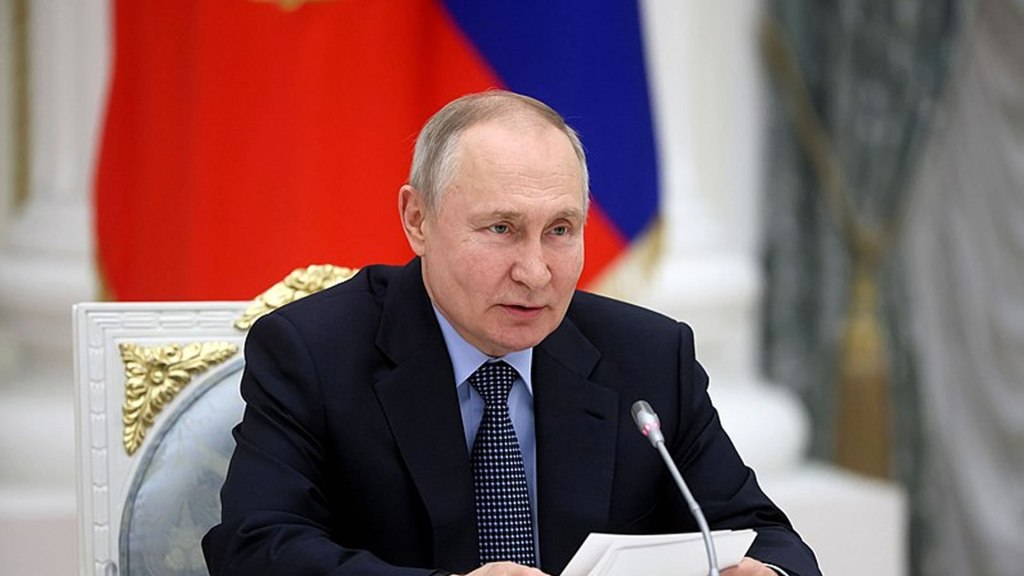A Russian court has recently imposed an astronomical fine of 2 undecillion rubles (approximately $20.5 decillion) on Google due to the company’s refusal to restore several pro-Kremlin accounts on its subsidiary platform, YouTube. This case marks a significant escalation in a legal saga that commenced in 2020, whereby a prior court ruling mandated that Google reinstate these channels within a nine-month window or face a daily penalty of 100,000 rubles ($1,030). This penalty doubles each week without any cap on the total amount, demonstrating the Russian government’s determination to compel compliance. The exorbitant fine indicates a clear message regarding the Kremlin’s intention to exert control over media narratives, especially in the context of the ongoing geopolitical tension surrounding Russia’s actions.
The court’s ruling specifically pertains to 17 Russian media accounts that were terminated, which include prominent TV channels such as Zvezda, Channel One, and others under the VGTRK umbrella, among various regional and specialized channels. These media outlets have been vocal proponents of the Kremlin’s policies, and their suspension from YouTube represents a significant loss to their access to audiences, particularly in light of the increased scrutiny of state-aligned narratives during the tumultuous period following Russia’s military operations in Ukraine. The court’s decision also highlights the ongoing tensions between Western technology companies and the Russian state, as these companies often face significant pressure to adhere to local laws and demands.
The legal confrontations between Russian media companies and Google date back to 2020, stemming from the suspension of certain accounts like those of Tsargrad TV and RIA FAN, purportedly due to violations of sanctions and trade rules. As a result, several Russian media outlets decided to pursue legal action against Google in hopes of reversing the suspensions. Initially, a Moscow Arbitration Court ruled in favor of reinstating the accounts, threatening escalating fines if Google failed to comply. The situation grew more complex following Russia’s invasion of Ukraine in February 2022, which prompted YouTube to expedite the suspension of several other Russian state-affiliated channels amid heightened scrutiny from international bodies.
In light of the increased sanctions imposed on these media outlets since they have been associated with sanctioned individuals, the Russian Federal Antimonopoly Service (FAS) determined that Google was abusing its dominant position in the market. The FAS accused Google of unfairly blocking channels and imposed its own penalties, culminating in a fine. The enforcement actions against Google underscore the increasing governmental pressure on foreign tech companies operating in Russia, aiming to curb their influence while pushing them to adhere to local narratives and prevent the spread of dissent.
Faced with these considerable legal challenges, Google’s Russian branch filed for bankruptcy in June 2022, citing debts considerably exceeding its assets. This bankruptcy has compounded Google’s difficulties in addressing Russian authorities’ demands, as the company battles escalating fines and legal repercussions. In November 2023, the court formally recognized Google as bankrupt, underscoring the increasingly untenable position of foreign tech companies within Russia. Notably, despite these complications, Google’s parent company, Alphabet, has communicated in its financial disclosures that these legal matters have not substantially impacted its overall business operations, suggesting a level of resilience in its global business model.
Despite the legal turmoil and penalties imposed, Alphabet remains committed to navigating the intricacies of its legal obligations in Russia, balancing compliance with the demands of local authorities while maintaining its operational integrity across the globe. As ongoing legal battles and sanctions continue to unfold, the situation highlights the complexities foreign companies face when operating in markets where political and regulatory pressures intersect sharply with business interests. The severe penalties against Google signify the Russian government’s broader strategy to exert control over media narratives and the information ecosystem, particularly in times of conflict and political unrest.

